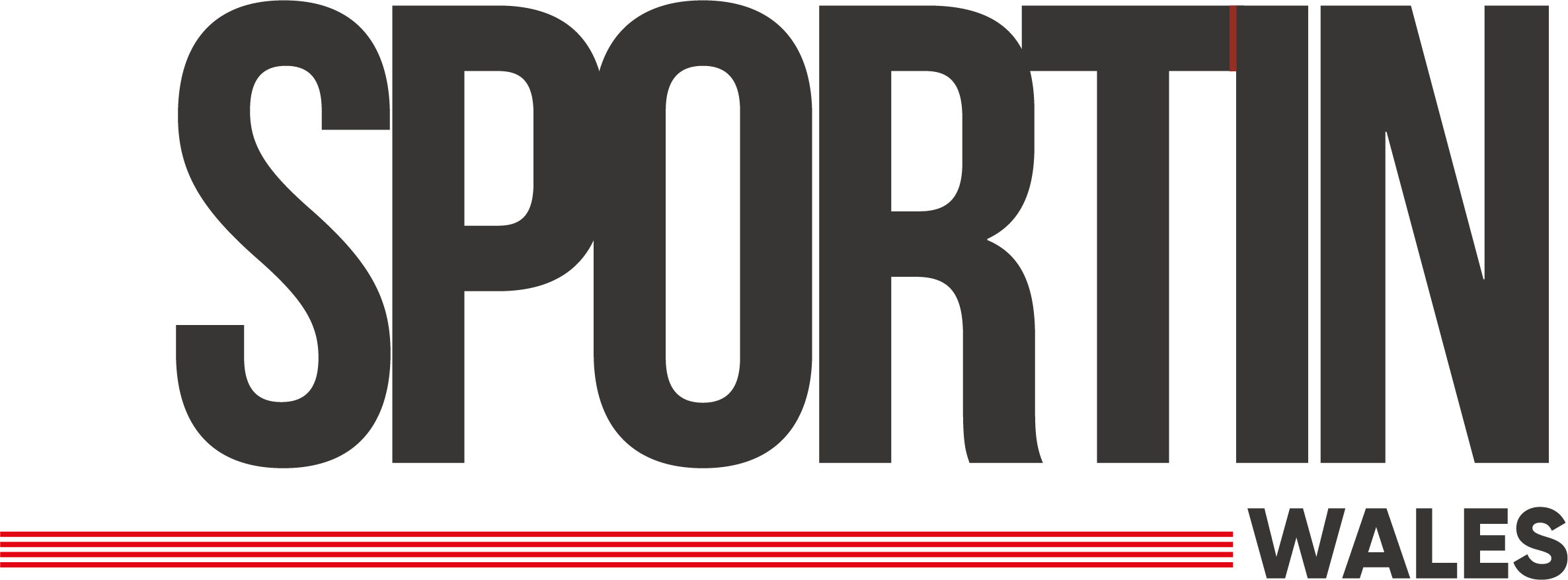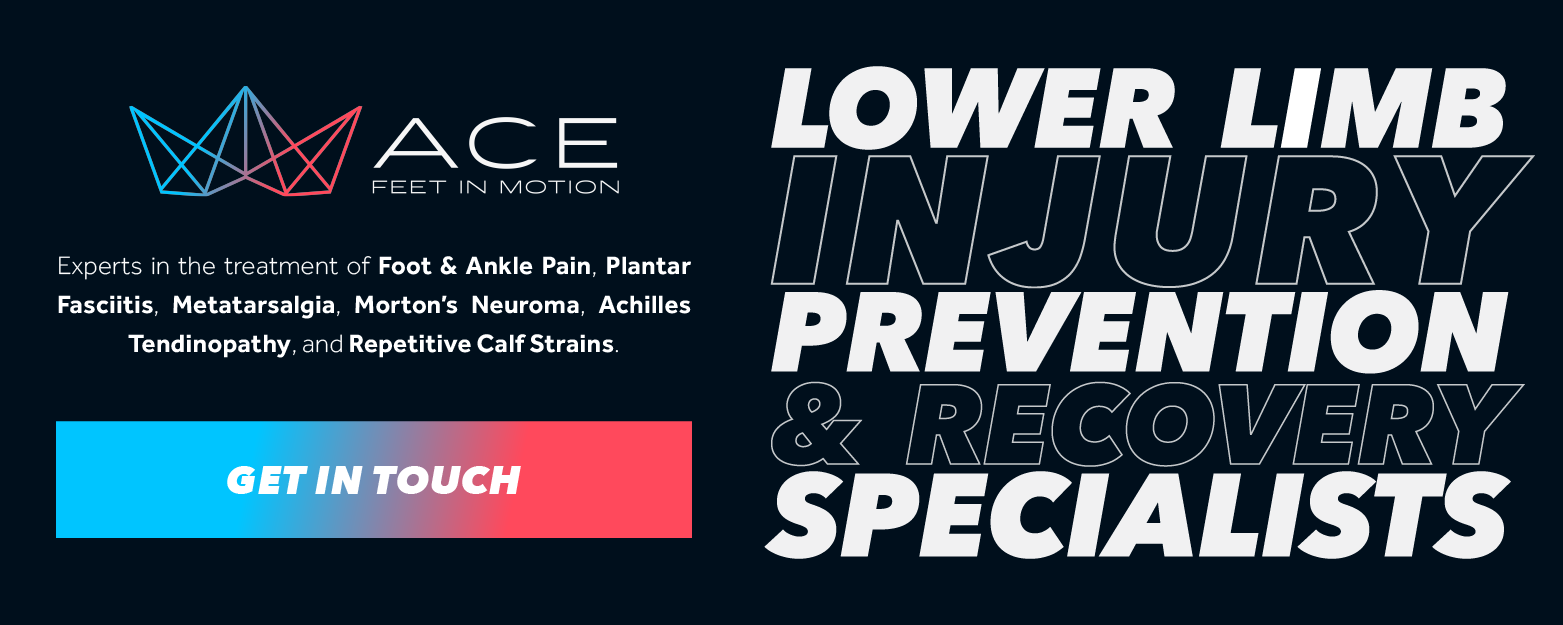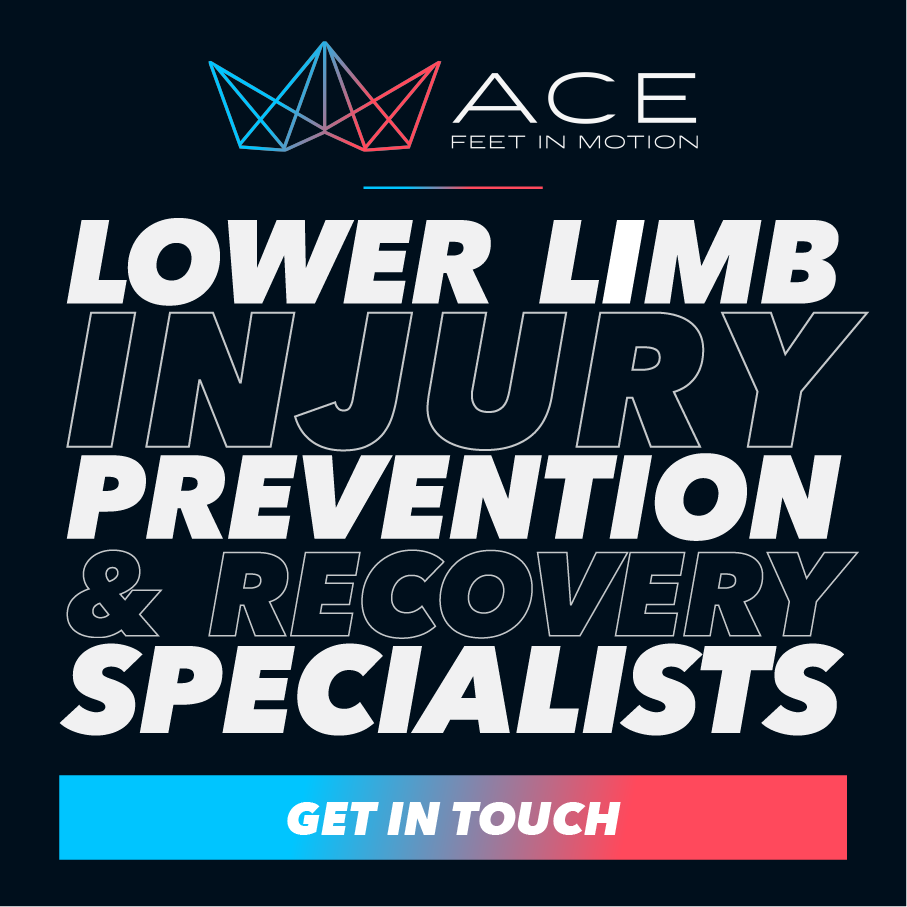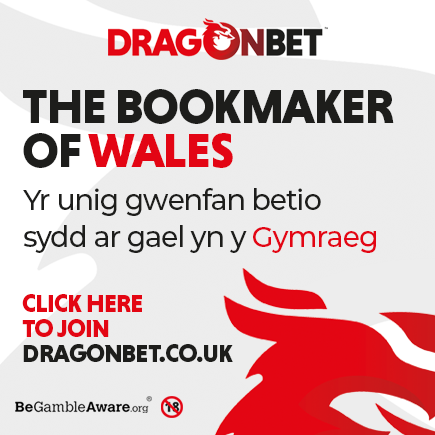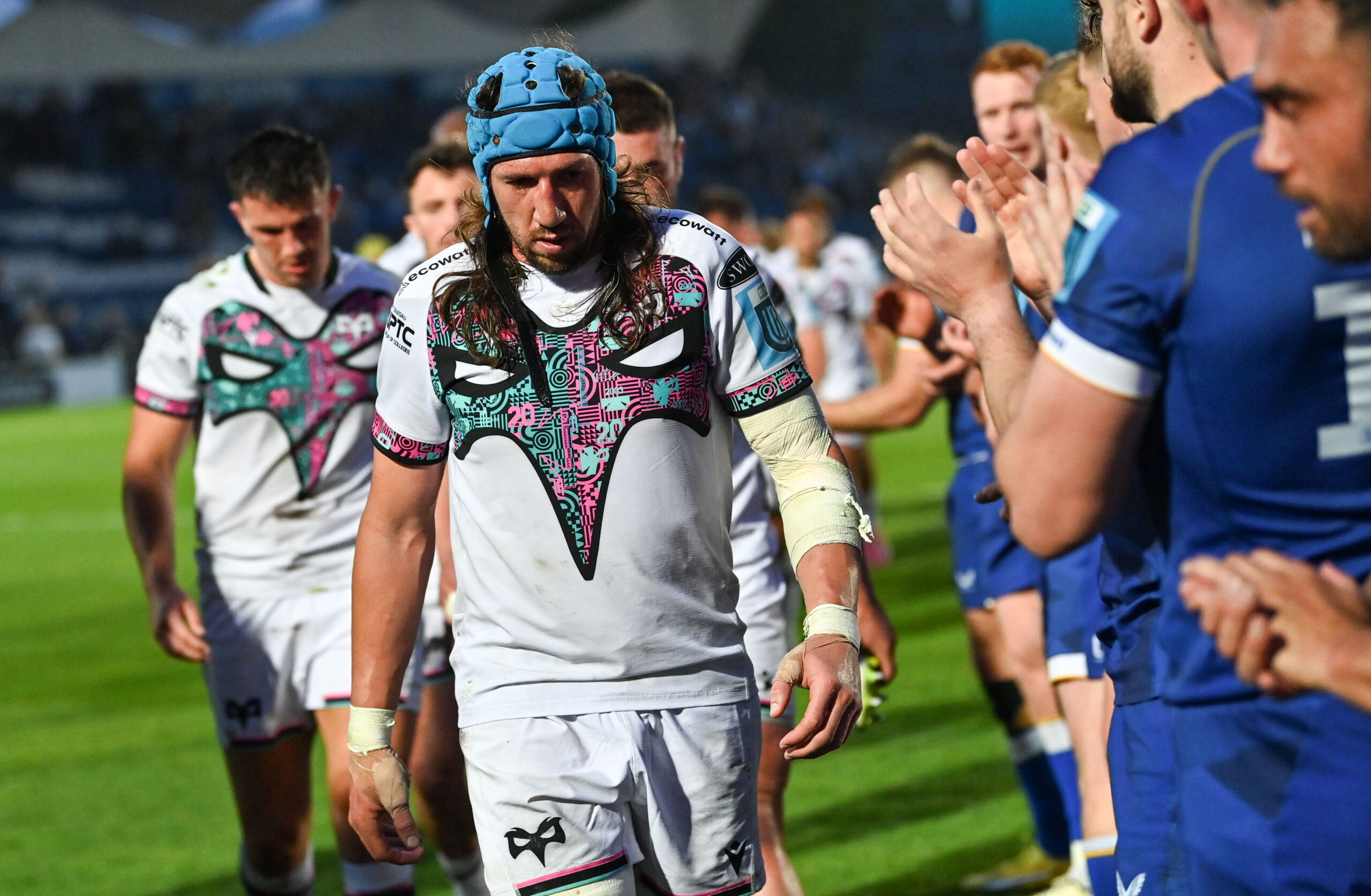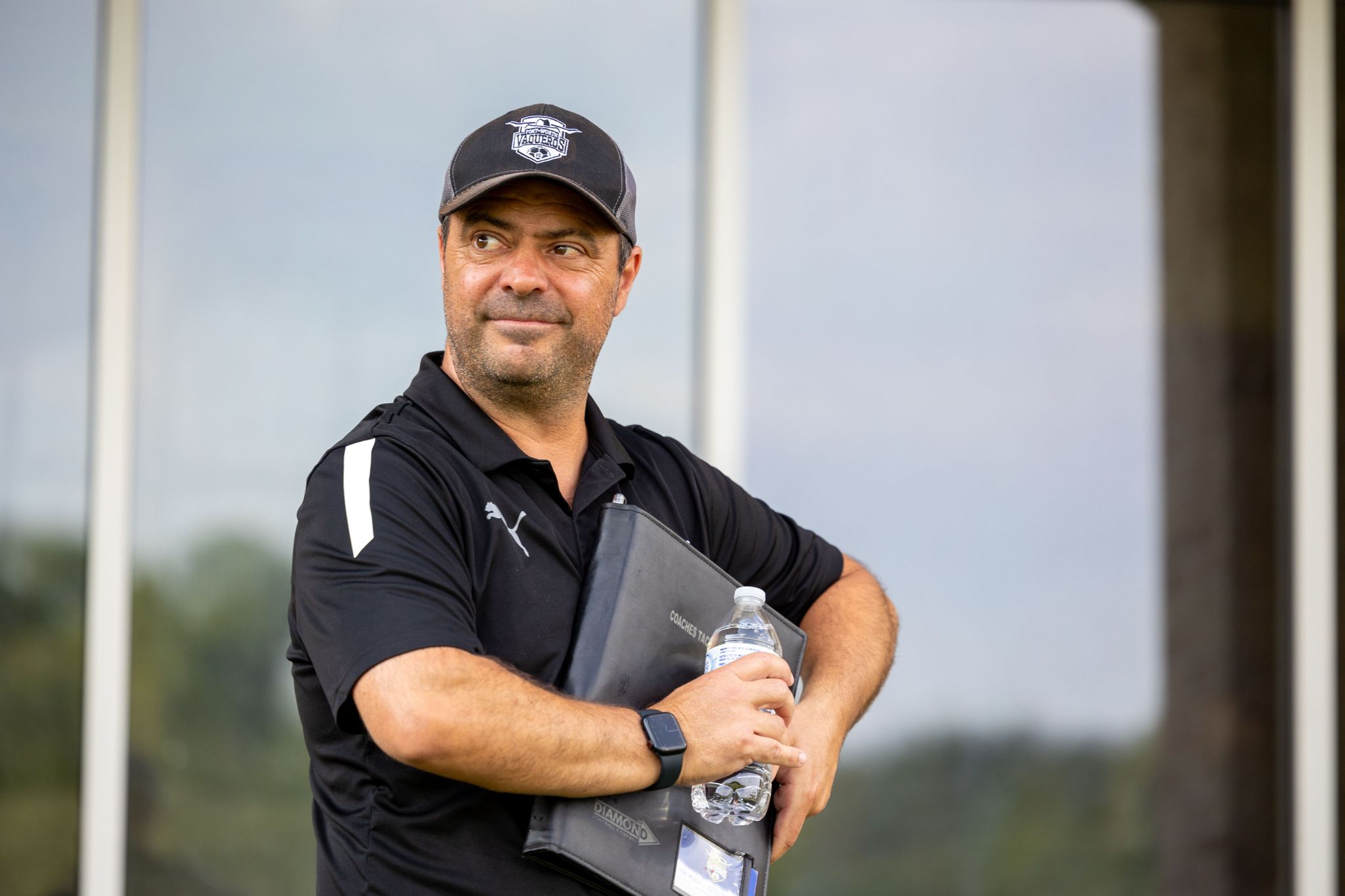Business After Sport With Alecs Donavan
We sat down with former Wales Rugby International, Alecs Donovan, to discuss what life is like after sport…
Let’s start with an easy one! How did you get into rugby?
My friends played rugby, so I started to go to training with them and it was the only sport that felt natural to me. Then suddenly, one of my best friends, Ellie, passed away in a car accident.
That was the first time I really learned about the concept of rugby family. I was about 25 at the time, it was such a tough period. I remember my mum telling me that I was too young to be learning this lesson and I just didn’t really know what she meant.
All I knew was that I had to play rugby. It was the only thing that helped me feel close to Ellie. It was actually the first game we played after she passed away; a Memorial game, that I got spotted. One of the Welsh coaches had come down to show his support because she (Ellie) was in the Wales squad. It’s weird how everything kind of aligned and then from there I got into the Wales squad.
And how was it that your business, ‘YBL’, got started?
My business began around the same time as when I started rugby. The reason I started teaching yoga was because of sport; I got into it when I ruptured my Achilles, and it went from there.
It’s really hard to teach yoga instructors about sport and especially rugby, it’s such a bizarre sport and it’s a hard thing to explain. I think my niche became within rugby really quickly because I had the understanding there, I knew what it was about.
So, I worked with professional rugby clubs, and I worked with the Wales sevens at the time as well. I guess there was a gap in the market, or at least I thought of it like that.
After a few years juggling business and rugby I announced my retirement in 2021. I won seven caps for Wales, which I am incredibly proud of, but I needed some space from the game.
I didn’t have time to switch off during that period, so I felt like I needed to take a step back somewhere. I had to decide whether I wanted to become a better rugby player or trying to keep my business alive.
So how has the business evolved since then?
YBL is an online yoga business. We offer yoga classes, with plenty of different styles. We’ve got different instructors on there. We have also started to sell merchandise and clothes. I didn’t think was going to be part of the business but it’s actually becoming really popular and really busy, which is great.
Well as the name, YBL, which stands for your best life, reflects, we provide a lot more than yoga. I think it was something athletes used a lot anyway before COVID hit, but it just became something completely different for us after that.
I started a free class on Instagram for anyone that wanted it. Between 40 and 120 people would jump in every morning, and then people could kind of just catch up from there.
It completely changed my entire plan, because I wasn’t working with athletes anymore, I was just working with loads of different types of people.
It’s become about giving people something like 10 minutes of yoga a day, whether that’s to improve their physical, or mental health.
Would you say it takes a strong mentality to do what you do?
A lot of people going into business have this impostor syndrome; this sense of ‘what if I fail?’. For me, it’s more, ‘what if I fly?’. That’s probably the one part of my mentality that I’m so thankful for!
I think being a female athlete has a lot in common with being self-employed in that you need so much faith, so much self-confidence and self-worth and everything that I’m a massive advocate for.
What was the transition like between rugby and business?
It was so easy. It was like having a rest day, but every day. I didn’t have to choose all the time and I didn’t have to feel guilty for whatever I was prioritising, my business or rugby. I could suddenly just think, ‘I did it’.
You’re obviously used to competitive environments! How do you view the competitive side of business; is it something you enjoy?
Well, yeah, I think it’s funny because I’m actually not very competitive. None of my favourite games are the ones we won. Instead, it was always when we played really well.
I’m the same in my business; I’m not competitive with other brands or companies because I don’t think that’s how you get successful. I don’t think being competitive and comparing yourself to other companies is a recipe for success. It’s a way to be filled with self-doubt and enemies in your industry maybe.
How do you measure your happiness in terms of both the careers you’ve had?
I think really early on in my career I was at my happiest because I was really unaware of the circumstances in women’s sport at the time. How I measured my happiness was how I felt going into training and how I felt waking up in the morning. I think when you’re happy and you’re inspired, the long days are easier. I’m really proud of where I am now.
